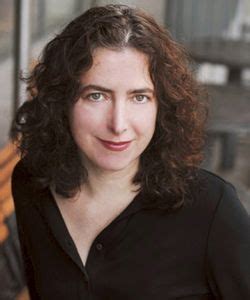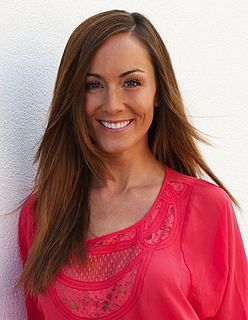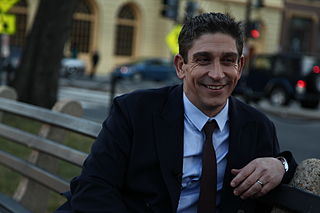A Quote by Diana Abu-Jaber
Cultural identity is of course connected to this issue. When I was younger, it was inspiring to write about the people that raised me, especially their near-insane struggle to live between America and Middle East. But like many writers, I want to paint on as broad a canvas as possible.
Related Quotes
Writers don't want to appear to be stupid. I don't know - maybe people become writers so that they can prove that they're not. Of course getting a book published doesn't mean that they're not stupid. At a certain point you have to stop trying to prove something and write because you need to think about something and want to communicate, in a very broad sense.
We wasted a lot of creative energy in that immediate post colonial era, when there was a struggle between, you know, the Cold War between the capitalism and communism. Many writers just wasted their energy and their talent because they want to be ideologically correct and of course all they produced was propaganda.
I think President Barack Obama came to office with quite fundamental understandings in his mind about what's possible and what's not possible in the Middle East. The first, I would say, revolutionary breakthrough that he introduced is that the Middle East doesn't matter to American geostrategy as much as we think.
Freedom is on the march in this world. I believe everybody in the Middle East desires to live in freedom. I believe women in the Middle East want to live in a free society. I believe mothers and fathers want to raise their children in a free and peaceful world. I believe all these things, because freedom is not America's gift to the world, freedom is the almighty God's gift to each man and woman in this world.
I've realized that a lot of people come to me because of what's called identity. In the sense of "he's like me" - more like identification. Identity is one of those nonsense words: it's been used so much it doesn't mean anything. As individuals, we don't want to stay the same; identity means sameness, and we don't want to be the same, we want to keep changing, we want to grow, we want to become something else. We want to evolve. So when people come to me, it's about resonance - it goes back to that word.
There are places and spaces for black writers to write about race as a central thing. It's important. We're still dealing with the remnants of slavery. We're still dealing with racism on a daily basis. For me, I choose to write books about black people where we are normal. I was raised to believe that I deserve to be in a room just like anybody else. I try to write books like that.
No one would want to pay a penny for an empty canvas by me. But it would be quite another if the empty canvas were signed by a great artist. I would be surprised if an empty canvas by Picasso or Matisse signed and inscribed with the words, 'I wanted to paint such and such on this canvas, but did not do so,' would not fetch thousands... After all, with an empty canvas, the possibilities are limitless, and so perhaps is the cash.
I thanked the President [George W. Bush] for the steadfastness and resolve with which he's tackling the very complicated problems in the Middle East and Iraq, as well as the Israel-Palestinian issue.... It's critical for us in Southeast Asia that America does that.... because it affects America's standing in Asia and the world, and also the security environment in Asia because extremists, the jihadists, watch carefully what's happening in the Middle East and take heart, or lose heart, depending on what's happening.
But on the other hand, in discussion and debate concerning social issues or American foreign policy, Vietnam or the Middle East, for example, the issue is constantly raised, often with considerable venom. I've repeatedly been challenged on grounds of credentials, or asked, what special training do you have that entitles you to speak of these matters. The assumption is that people like me, who are outsiders from a professional viewpoint, are not entitled to speak on such things.



































